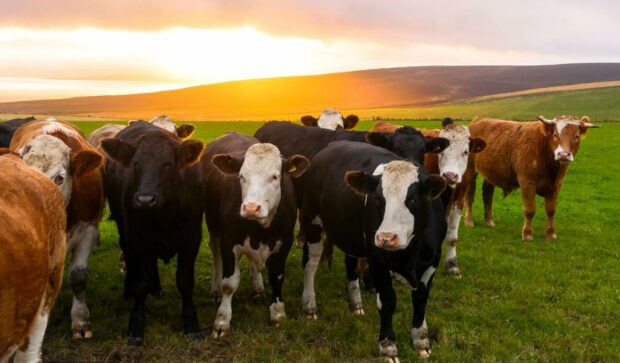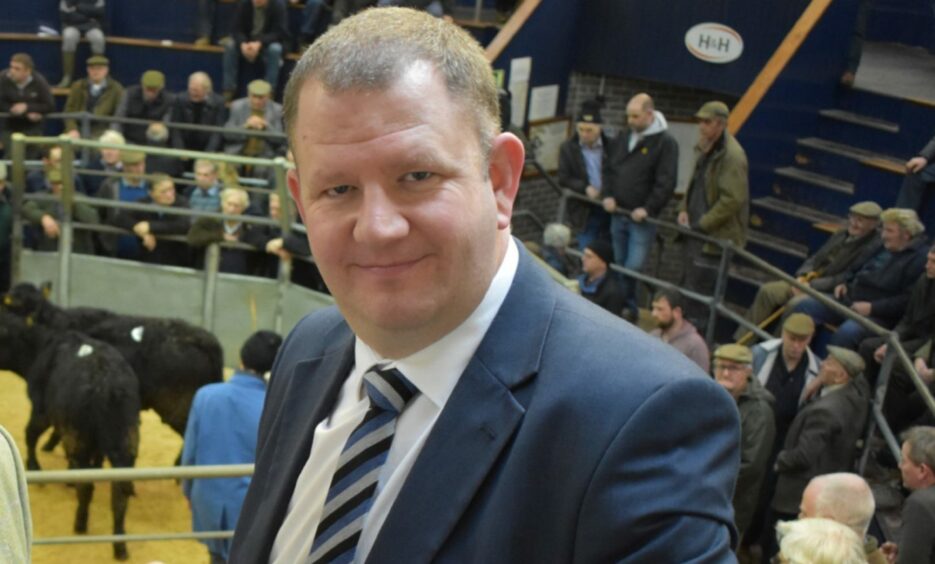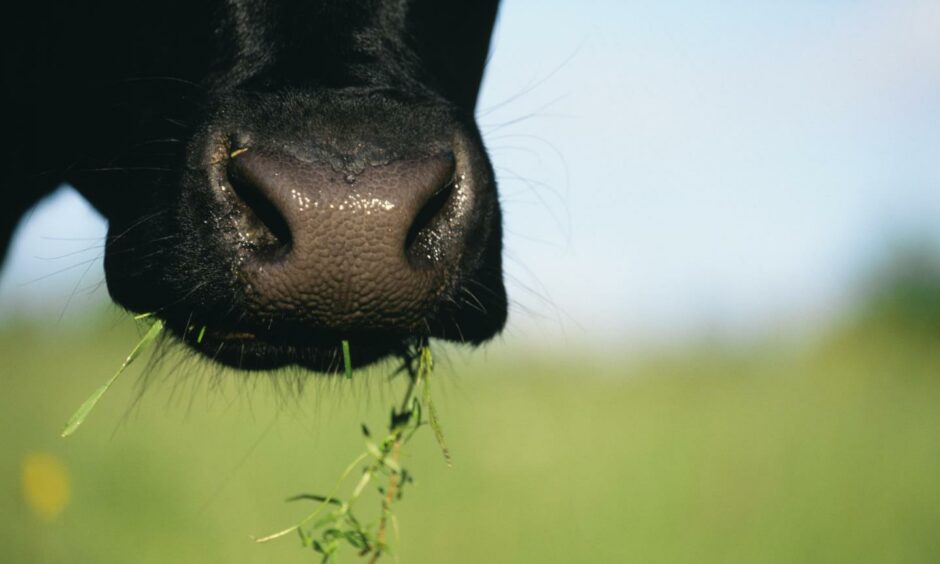The role of grazing livestock in the fight against climate change is being overlooked by the drive to plant more trees, warns the chief of Scotland’s livestock auctioneering trade body ahead of COP26.
Neil Wilson, executive director of the Institute of Auctioneers and Appraisers in Scotland (IAAS), says policies that pit grazing livestock against tree planting miss the point about how to tackle environmental challenges and climate change.
Speaking ahead of the COP26 climate summit in Glasgow, Mr Wilson said the Scottish Government seemed to be encouraging commercial tree planting, but overlooking the positive contributions from livestock and grasslands in the fight against climate change.
“The government is, in my view, missing the much bigger picture in its rush to plant trees,” said Mr Wilson.
“Trees might absorb carbon, but so do our existing grasslands, managed by our existing land managers – farmers.”
He added: “Whilst trees and hedges form critical parts of red meat farming systems, non-native monocultures have little ecological value to biodiversity, absolutely no food production capacity, and very limited long-term rural employment opportunities.
“The value of livestock farming to this, is incomparable, yet it often gets scant recognition for it.”
He said Scotland’s ability to grow a lot of grass was a key driver in it being able to produce meat with a relatively low environmental impact.
“Through grazing livestock, we can upcycle inedible crops – grass – into edible and highly nutrient-dense foods – meat and milk – on land that is often incapable of growing anything else,” added Mr Wilson.
“Grasslands can also help to absorb carbon from the atmosphere; how much exactly is still being wrestled with by scientists, and depends on many factors, but the opportunity this presents for livestock farmers to help tackle climate change should not be overlooked.”
Mr Wilson called on livestock farmers and those working in the red meat supply chain to rally together and promote Scottish meat to the world at COP26.
“People still want to eat beef and lamb so let’s give them Scotch,” said Mr Wilson.
“Let us all work together to improve our systems and efficiencies. The work undertaken by the Suckler Beef Climate Change board, led by Jim Walker and Fergus Ewing, lays the path for this change, regardless of whether Government does anything with it or not.”
A Scottish Government spokesman said: “We are committed to ongoing land reform in a way that supports a just transition. We want to make sure that, as we reduce our emissions and respond to a changing climate, that journey is fair and creates a better future for everyone.
“The Scottish Land Commission recently hosted a discussion with key stakeholders on how to address risks, issues and opportunities associated with green finance and the land market. They will be taking forward a package of work to address concerns, including developing guidance.”


